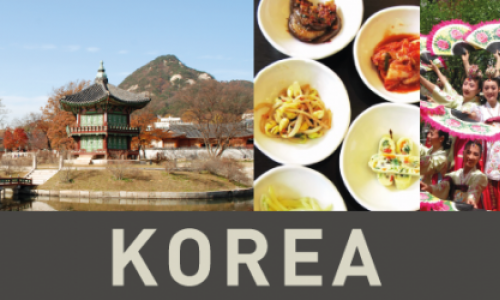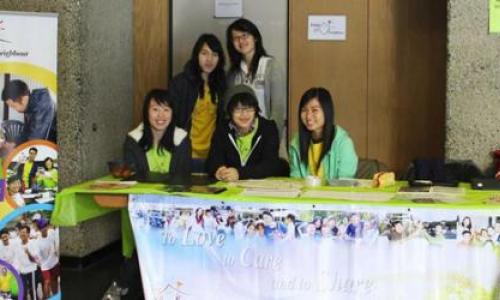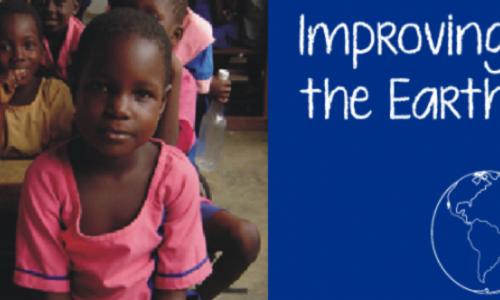
Have you ever wondered about going on an International Co-op work term? What’s holding you back, could it be the money? If so, then read on below for some important information. We talked to Amy Lee, Program Coordinator for SFU International Co-op, who shed some light on a great new award for International Co-op students – the International Co-op award.
So Amy, we’re all wondering, what exactly is this new International Co-op Award? Can you tell us a little bit about it?
Amy: The International Co-op Award has been created to help off-set some of the relocation costs incurred by students participating in an international co-op work term. Some of those costs may include items like visa fees, work-permit fees or airfare. It's the University's way of showing that we support students in taking on an international work experience, which can be expensive at the beginning.
That sounds great! Can you tell us who is this award open to?
Amy: All students who are participating in an international work term are eligible to apply.
That’s quite a broad range of people. How many of these awards are given out each semester?
Amy: On average, we have given out 20 awards per semester to students going on a co-op work term. This has been given to students from all disciplines and working in all parts of the world.
Now you’ve got me interested! How does one go about applying for this award?
Amy: Students that will be going on an international work term should normally apply for this award in the semester before the start of their work term placement.
You‘ve told us what the award is, who it is open to, how many are awarded each semester, and how to apply for the award. Would you mind giving us a bit of a history lesson? How did this award come about?
Amy: The award came about as a need to financially support students going on an international placement. Many students did not qualify for financial assistance under the bursary criteria, and often times they were faced with relocation costs. For example --students often would have to pay for their own work-permits/visas (for example $650 for one in the US). The cost often restricted the number of students that were able to participate in an international work term. Many of students have told me that international work terms looked like great experiences, but because of the costs, they weren't able to participate.
Amy, thanks so much for your time – all of this information on the International Co-op award is greatly appreciated. If you don’t mind, I have one last question for you: who are some recent recipients of this award and what great things have they done, internationally?
Amy: Just from the Summer 2007 semester alone, some award recipients include:
-
Paul Nho (Kinesiology), who was placed in a Community Education Centre in Botswana. There he worked with youth who were directly or indirectly affected by the HIV AIDS pandemic. Some of the activities included promoting and coordinating skills development opportunities to advance those who were less fortunate towards self sufficiency.
-
Tyler Wardle (Science) worked with the Applied Optics Group in Ireland with the IAESTE program. The experience provided Tyler the opportunity to work with one of the world research leaders in Optics.
-
Six students (from the Science, Business, Communications and the Arts & Social Sciences programs) participating in the EDGE Program received the award. They worked as business consultants to assist small local businesses in Glasgow expand into new markets.
Each of the students’ applications has been unique, as they have outlined the amazing learning opportunities that their work terms would provide.
Interviewer: That’s fantastic. Those are some very inspiring stories! It makes me want to apply for an International work term. In fact, maybe I will! I hear from your assistant that there are great new jobs popping up all the time.















